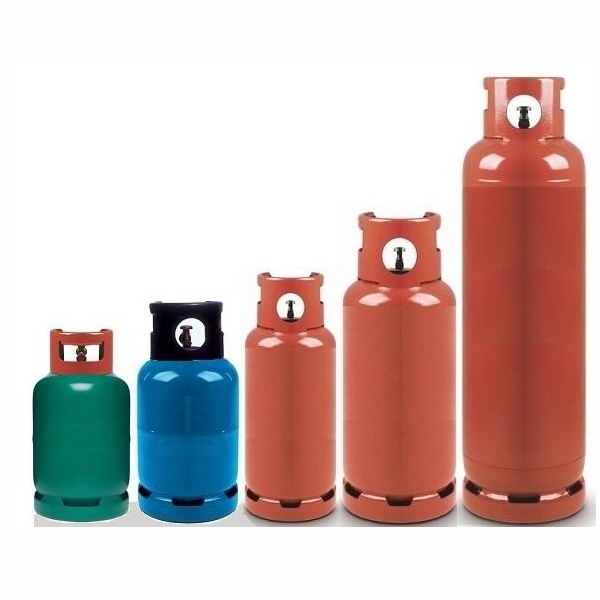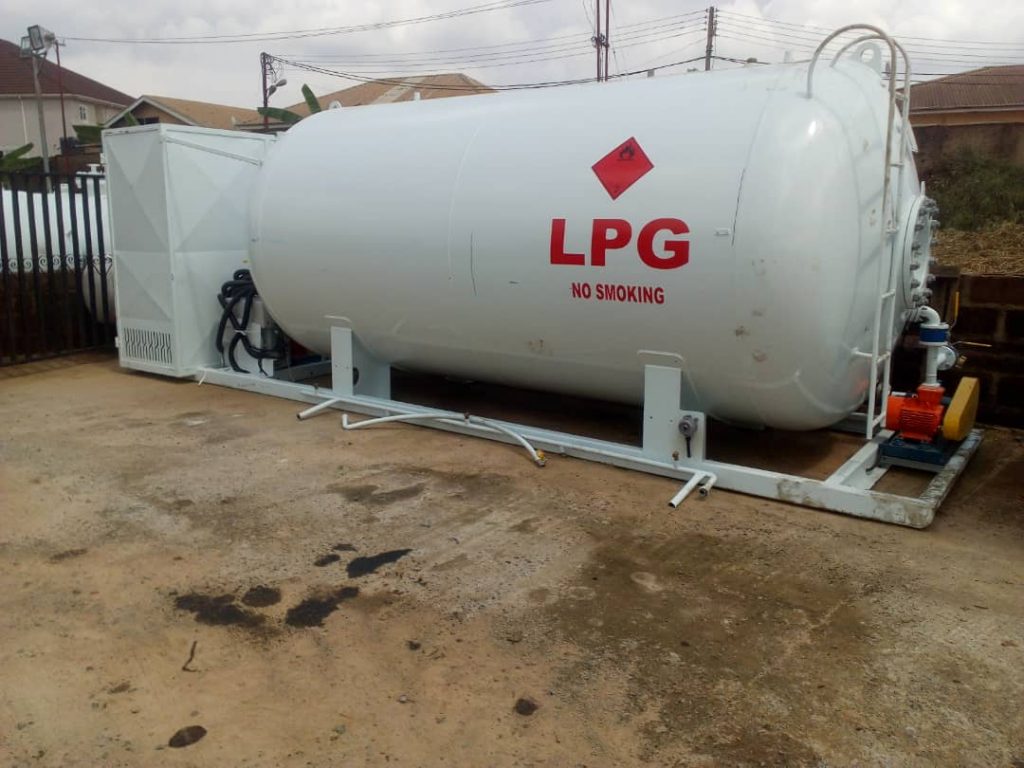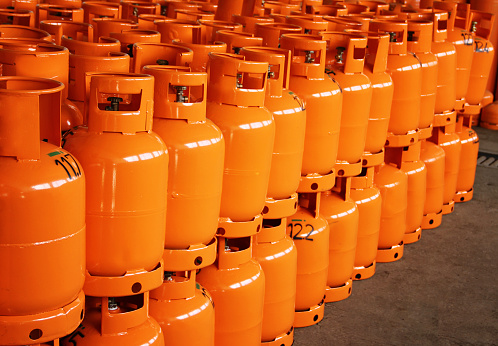Some European refineries that have supplying more than 75 percent of Nigeria’s refined products’s consumption may be forced to shut down if they fail to find alternative markets when Dangote’s refinery project comes on stream in the first quarter of 2020.
Andrew Bonnington, Editorial Director, Strategic Oil Markets Development, S&P Global Platts, a global provider of energy and commodities information, said the project being one of the biggest in the world will have profound effect in the global energy market as Nigeria may cease to become an importer of projects to become a net exporter.
Bonnington who spoke at the S&P Global Platts Lagos Oil & Energy Forum on Thursday that the start of operations at the Dangote refinery would likely lead to the closure of some European refineries.
“In Africa, the Dangote refinery is a huge story; one of the biggest refineries in the world being built in Nigeria, likely to supply most of or all of Nigeria’s consumption. That clearly has an impact on European refineries, because they export to Nigeria.
“It is impossible for me to say exactly what the impact will be, but it is not a good thing for European refineries that Dangote refinery is being built,” he said.
According to Bonnington, Europe is the biggest supplier of petroleum products to Nigeria, with about 75 per cent of petrol consumed in the country imported from the continent.
Last week, the President, Dangote Industries Limited, Aliko Dangote, said he had arranged more than $4.5 billion in debt financing for his refinery project and aimed to start production in early 2020.
Dangote, Africa’s richest man, is building a refinery with a capacity of 650,000 barrels per day to help reduce Nigeria’s dependence on imported petroleum products.
He was quoted by Reuters as saying that lenders would commit about $3.15 billion, with the World Bank’s private sector arm providing $150 million, adding that he was investing more than 60 per cent from his own cash flow.
“We will end up spending between $12 billion and $14 billion. The funding is going to come through equity, commercial bank loans, export credit agencies and developmental banks. Hopefully, we will finish mechanical (construction) by next year and products will start coming out in the first quarter of 2020,” Dangote added.




